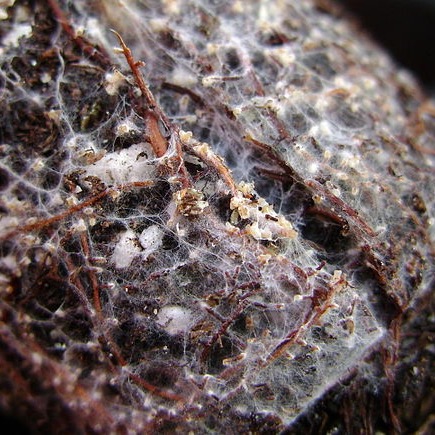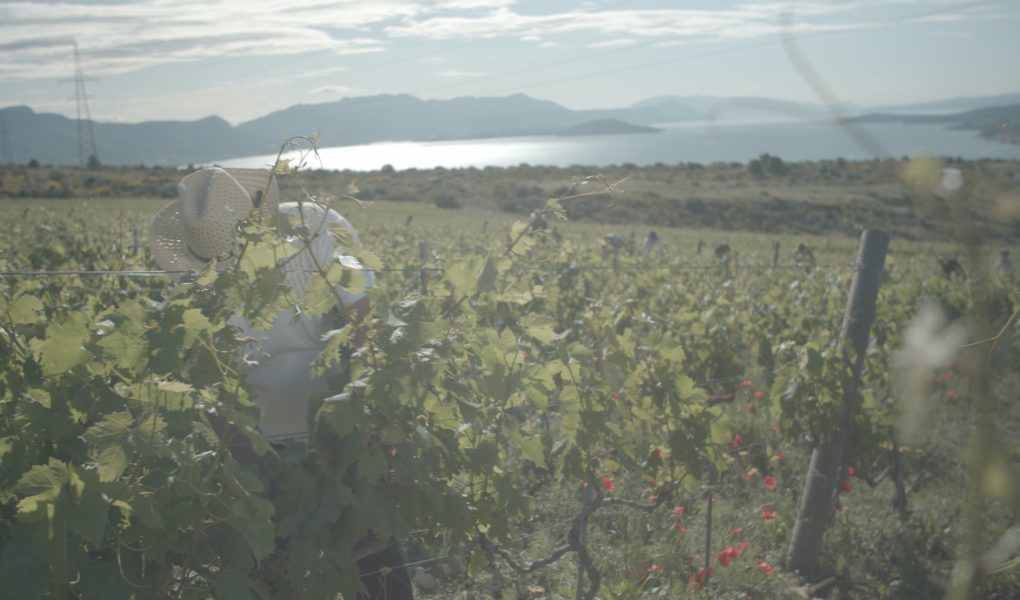The science of soil reveals more every day about the connections between healthy soil–particularly the micro-organisms that live in it–and healthy crops. Kairos Vina, an organic vineyard and winery on the hillside above Trogir, is taking a detailed picture of its soil microbiota with the help of a grant from Fields4ever.
Fields4ever is a global, grant-giving initiative of Biome Makers, a California-based start-up whose innovative agtech tools and lab testing assess soil health and improve agricultural productivity. Supported in part by EU funding, Fields4ever currently pays for soil testing for 80 projects around the world. The organization hopes to provide soil health assessments covering as many as 400,000 hectares (1 million acres) of land. Other vineyard grant recipients include Beckstoffer Vineyards in the United States, Vignerons de Buzet in France, and Bodegas Valdeviñas in Spain.

Crop soils are failing worldwide due to recent decades of chemical and industrial farming and climate change. Scientists estimate one third of the world’s arable land has been lost in the past 40 years. Healthy soil depends on billions of microscopic organisms such as fungi and bacteria. These microbiota are part of a soil “community” called the microbiome. By knowing the makeup of a soil’s microbiome, farmers can adjust for deficiencies and rebuild the health of the soil. In this way, crop health and productivity improve, as do some factors contributing to climate change.
Ljubo Jelavić, whose family owns Kairos Vina, is waiting for the results of his October soil analysis. In June, 10 soil samples from Kairos vineyards were DNA analyzed to determine the soil’s microbiota. The October samples will help set a baseline for the soil microbiome at different times of year.
Jelavić explains, “It’s finally a precise picture of what’s going on in your soil. Traditional chemical analysis gave you just one part of the picture, telling you, okay you have this much nitrogen, this much carbon, phosphorus, etc.” You might see that you needed to apply nitrogen, he says, “but you never knew how much of this newly applied fertilizer went into the plant.” Soil microbiome analysis shows more precisely how well the soil functions.
It’s finally a precise picture of what’s going on in your soil.
–Ljubo Jelavić, vineyard owner
The June soil assessment at Kairos set off alarm bells: a group of fungi that support the vine trunk disease esca is thriving in the vineyard soil. And Jelavić expects more serious news this month, after the summer heat and water stresses on the vineyard. But he says he will pay for further testing next year, to start building a database that will help determine his vineyard’s needs.
Jelavić has the beginning of a game plan already. “What we need to do is build our compost, and we need to find the right cover crop species or mix of species.” A cover crop planted between the rows of vines can add nutrients to the soil, protect against erosion, attract pollinators to the vineyard and help the soil retain moisture. Until now Kairos hasn’t used one, primarily because so far there is little advice on the topic available to Croatian growers. Starting this fall, though, Jelavić can target his research armed with vineyard-specific data. Kairos may even help pioneer soil-healthy practices in other Croatian vineyards.
[Cover photo: courtesy Kairos]

